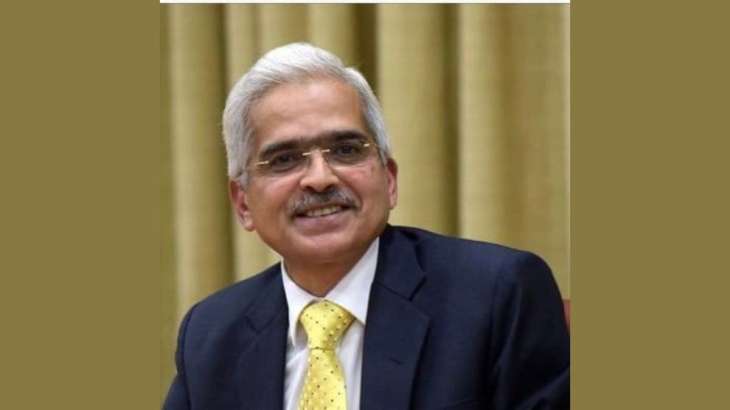UPI transactions surpass 36 crore in a year, says RBI governor

The Reserve Bank of India (RBI) Governor, Shaktikanta Das, announced on Monday that payments made through the Unified Payment Interface (UPI) have surged exponentially in the past year. The transactions made through UPI crossed 36 crore in February 2023, up 50% from the 24 crore recorded in February 2022. These transactions are valued at ₹6.27 lakh crore, marking a 17% growth from the ₹5.36 lakh crore recorded in February 2022.
Speaking at the launch of the Digital Payments Awareness Week at the RBI headquarters, Das stated that the monthly digital payment transactions exceeded the ₹1,000 crore mark each month during the past three months. He added that the payment systems of India are known globally, and several countries have shown interest in replicating the success story.
Das also revealed that the number of UPI transactions exceeded 800 crore in January 2023, and NEFT (National Electronic Funds Transfer) experienced its highest daily volume of 3.18 crore transactions on February 28. The UPI was launched in 2016 and has emerged as the most popular payment mode, accounting for 75% of the total digital payments.
The digital payments infrastructure’s acceptance has increased from 17 crore touch points to 26 crore touch points, marking a 53% increase. Das launched the ‘Har Payment Digital’ mission, reinforcing the RBI’s commitment to deepen digital payments in the country.
The Bharat Bill Payment System (BBPS) has ensured migration of bill payments from cash/cheques to digital mode, while the National Electronic Toll Collection (NETC) system has helped in the migration of toll payments to digital mode, enhancing efficiency in terms of reduced waiting time at toll plazas. The National Automated Clearing House (NACH) system has also facilitated the direct benefit transfers (DBT) payments digitally, eliminating leakages in the system.
As part of the 75 digital villages program, Das announced that the RBI has decided to adopt 75 villages, involving village-level entrepreneurs in the process. Under this program, Payment System Operators (PSOs) will adopt 75 villages and convert them into digital payment-enabled villages.
Deputy Governor Rabi Sankar, who heads the Department of Payments Settlement Systems at the RBI, addressed the event and said that digital payments have grown 15% annually in the past five years. Sankar emphasized the need for financial formalization of the economy, stating that money is at the core of any economy. He added that the digital vision 2025 of the RBI is to ensure digital payments by everyone, everywhere, and every time, by the time the department turns 20 years old.
FAQs:
Q1: What is UPI, and how does it work?
Unified Payment Interface (UPI) is a real-time payment system that enables inter-bank transactions by instantly transferring funds between bank accounts through a mobile device. It facilitates fund transfer by directly linking the bank account with the mobile number.
Q2: What are the benefits of digital payments, and how does it help the economy?
Digital payments have numerous benefits, including convenience, security, and transparency. Digital payments help to formalize the economy, reduce leakages, and increase efficiency.
Latest Business News
For all the latest Business News Click Here
For the latest news and updates, follow us on Google News.

